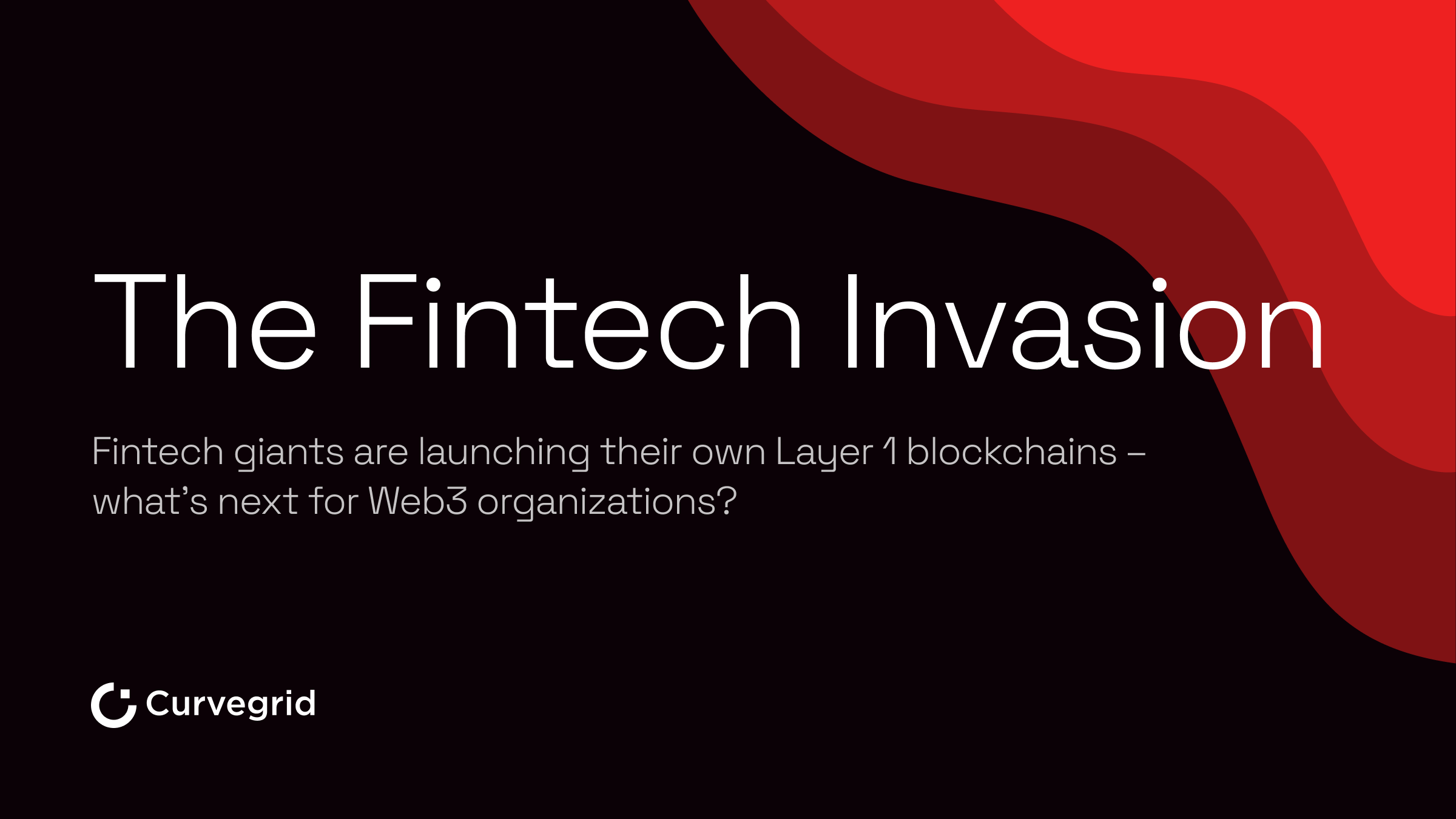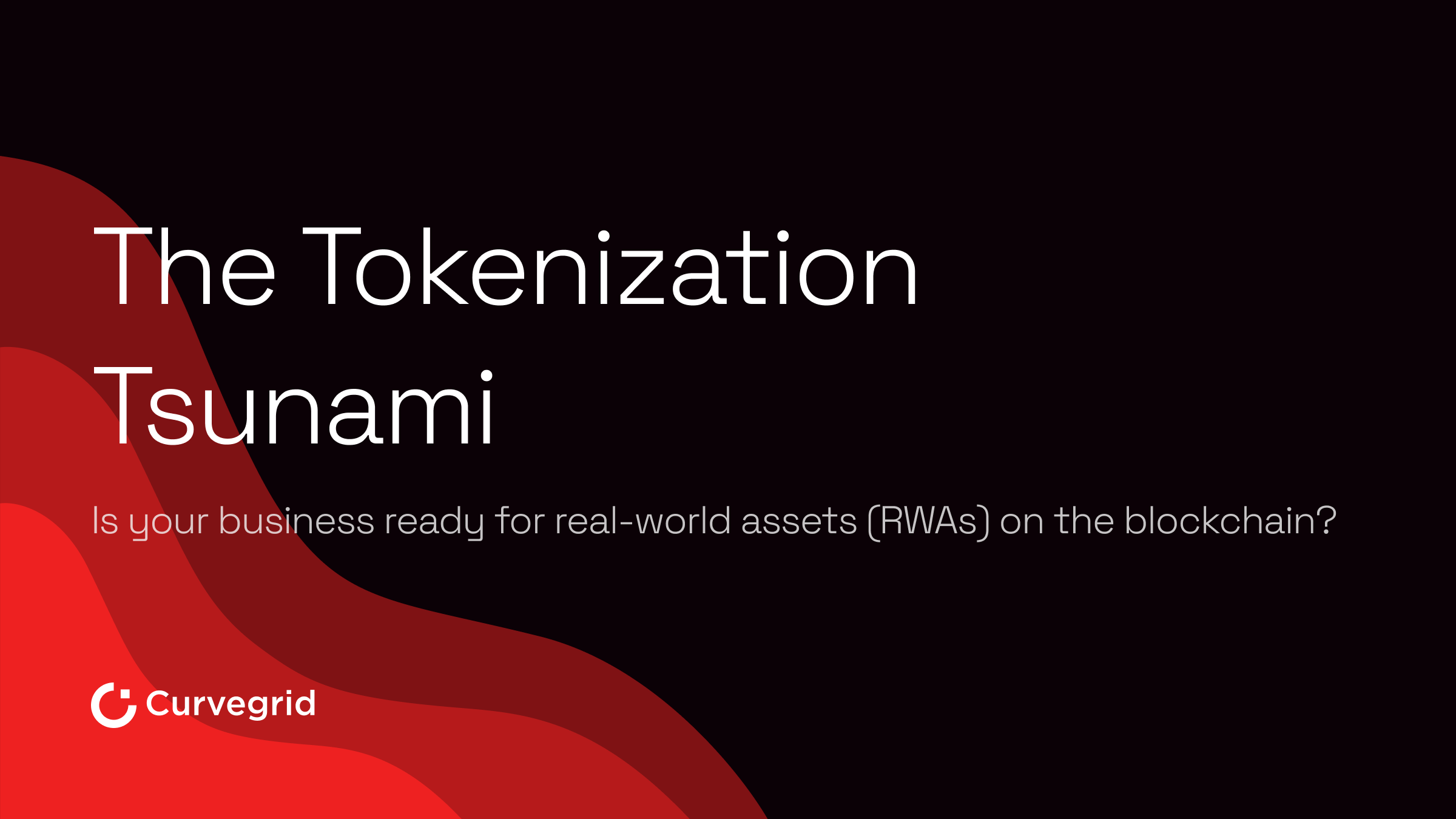Deconomy Overview
The Deconomy 2019 conference took place at Jangchung Arena in Seoul, South Korea on April 4th through 5th. Experts on the blockchain and cryptocurrency industry gathered to give keynotes and discussions about technology, economics, security, and other topics in the industry.
Day 1 Talks
The topics on the first day focused on the current state, future direction, economics, and the politics of the cryptocurrency industry.The conference started with a greeting by one of the organizers at Deconomy, Ash Han, before moving on to a keynote about the future of cryptocurrency by "Mastering Bitcoin" author Andreas M. Antonopoulos. Antonopoulos' main points concerned what mainstream adoption of cryptocurrency would look like. He proposed that the current state of the blockchain is less usable than older legacy systems, e.g. performing transactions using cryptocurrency vs. using the existing bank system. Thus the only viable scenario is to replace broken or non-existent systems such as combating hyperinflation in developing countries. However, as the technology grows at a faster rate than legacy systems, the world will soon reach a parity point where blockchain will be as usable as centralized systems. Once that is achieved, blockchain will quickly overtake old technology and allow transactions that are currently unachievable.
The highlight of the day was the debate between the founder of Ethereum Vitalik Buterin and Economist Nouriel Roubini (aka Dr. Doom) moderated by Antony Lewis from R3, entitled the "Fundamental Value of Cryptocurrency and its Sustainability." The topics covered during the debate included privacy, government, and centralization.

Roubini claimed that it's inevitable that governments will want to control cryptocurrencies in order to tax and exploit them, making full anonymity impossible. Vitalik countered by stating that cryptocurrencies have already created social expectations of privacy that governments will need to consider. That positive social impact will remain even if blockchain doesn't succeed. Vitalik also mentioned that it is harder to achieve more privacy offline since cash already provides total anonymity, but it could get easier to achieve more privacy online using cryptography.
On the topic of centralization, Roubini stated that centralization is linked to scalability and that blockchain is becoming very centralized. He talked about the wealth inequality of cryptocurrency and the centralization among miners, developers, and exchanges. Vitalik argued that cryptocurrency is still growing and developers are working on solutions such as sharding to potentially increase decentralization.
The consensus among the audience was the debate ended in a draw. Roubini received a number of boos from the audience, but raised some salient points. He focused on comparing the industry to old systems and based predictions on that. Vitalik focused more on the future and growth of blockchain as a technology and economy.

Another interesting talk was "Crypto and Use Value: The Indissoluble Link" by Jeffrey Tucker. He dove into the history of money instead of cryptocurrency, referencing Georg Friedrich Knapp's "The State Theory of Money" about government backed currency and Karl Marx's theories that money emerges from people's desire to live better and facilitate trade. Tucker brought up examples of unconventional currency in history such as salt and shells, giant rocks on the island of Yap, and instant ramen in prisons. He supported Marx's theory by concluding that money is an emergent property and its value can be traced to its use as a medium of exchange.
The last talk I want to note on the first day is an entertaining satire about a joke token experiment, "The Fallacy of Tokens or How I Became the Richest Person In the World" by Colin Platt. He has a Medium post that covers the same story in blog form.
Platt showed how to take advantage of the system by issuing a PTK token (PitchTokenKlassic) of which he owned the complete supply. He traded with himself to raise the value of his tokens and increase the market cap of PTK to $3.6 Quadrillion. For perspective that's greater than some estimates for the value of the Earth. He concluded the presentation by giving everyone some PTK and signing off with PTK's slogan "Always be shilling". Fun detail -- everyone was wearing PTK shirts during the day's earlier debate.
Day 2 Talks

The topics on the second day focused on security, privacy, and technology of blockchain.

The first talk of the day was "Stories From the Crypto Revolution" by Phil Zimmermann, the creator of PGP (Pretty Good Privacy). Zimmermann started by talking about the problems he had with the US government regarding his invention of PGP. From WWII to 1992 the US government had regulations about exporting strong cryptography with keys exceeding 40 bits. The government took the view that disseminating encryption technology via the internet was the same as exporting it across a physical border. However, their well-publicized efforts to limit the spread of PGP ended up popularizing its use on the internet. He noted that exporting printed books was perfectly fine so one ridiculous workaround was to print source code for strong encryption programs on paper, carry them across borders, then scan and restore the programs on a computer. One reasoning that supported this regulation in the 90's was "Why would you need strong cryptography if you had nothing to hide?" This can be contrasted with today's environment where you're more likely to be questioned about why you aren't using strong cryptography. Zimmermann then brought up the Chinese government's network of cameras and surveillance of citizens and ended with the bleak thought that once China achieves perfect surveillance, they will be able to prevent any political uprisings to stay in power forever. They might even be able to export their surveillance to other countries for similar effects.

In the afternoon Vitalik Buterin gave a talk titled "Overview of Ethereum 2.0." He gave a technical explanation about upgrades from the current Ethereum 1.0 such as proof of stake, sharding, beacon chain, and validators to be included in Ethereum 2.0 (Serenity).


The goals of Ethereum 2.0 are to increase scaling, decentralization, and security and each are planned in phases. Vitalik explained that we were about to enter Phase 0, where proof of stake would be integrated into the chain. After that, Ethereum 2.0 will begin and introduce basic sharding in Phase 1, state execution, smart contracts will be introduced in Phase 2, Phase 3 and beyond will bring further technical upgrades.
Conclusion
Over the course of the conference, the presented talks, panels, and product showcases covered a variety of technical, legal, financial, and business topics. Deconomy 2019 was a great opportunity to hear experts in their fields talk about the blockchain and cryptocurrency industry.



